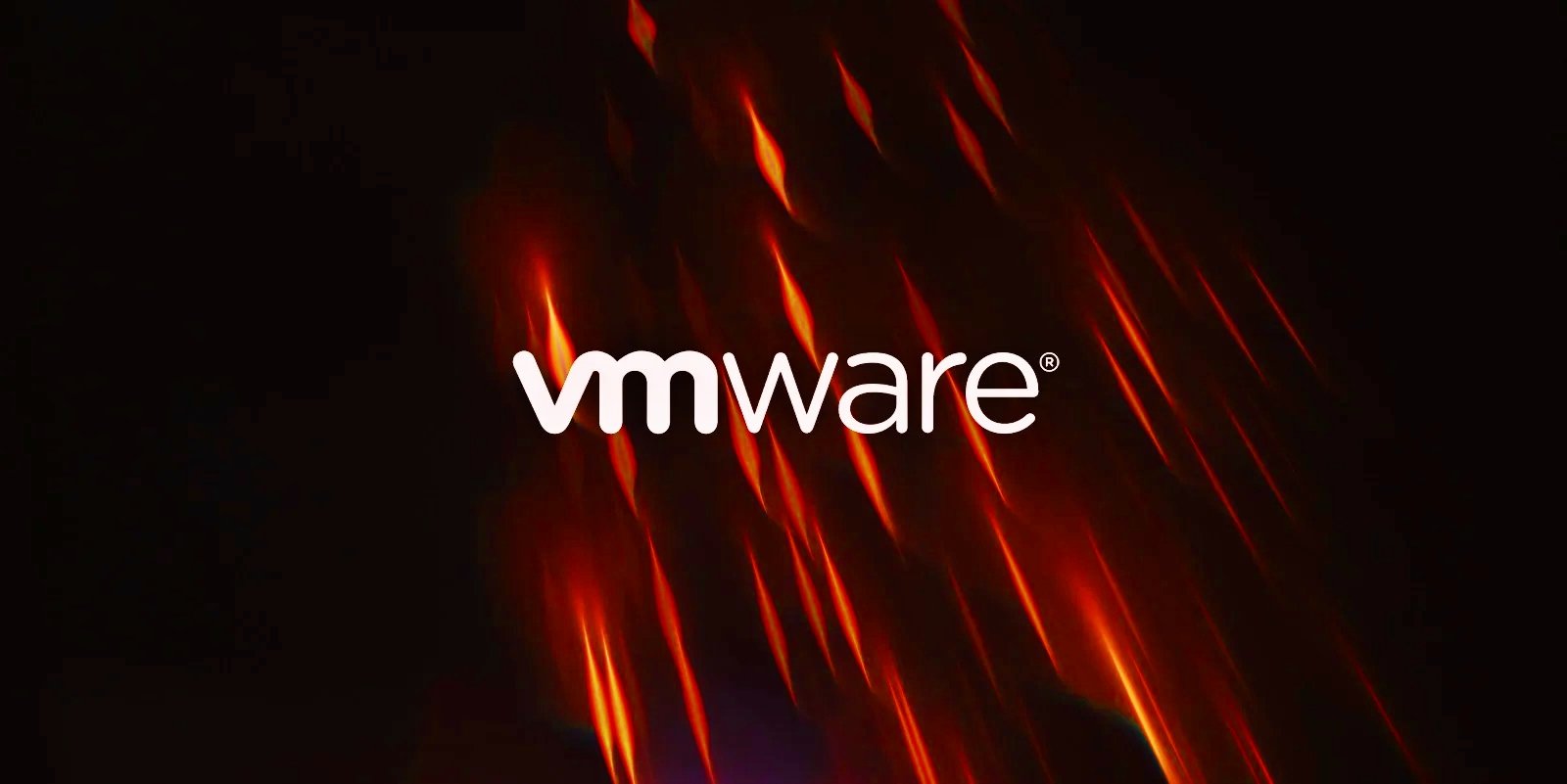Suspicious Renaming of ESXI Files
Identifies instances where VMware-related files, such as those with extensions like ".vmdk", ".vmx", ".vmxf", ".vmsd", ".vmsn", ".vswp", ".vmss", ".nvram", and ".vmem", are renamed on a Linux system. The rule monitors for the "rename" event action associated with these file types, which could indicate malicious activity.
Elastic rule (View on GitHub)
1[metadata]
2creation_date = "2023/04/11"
3integration = ["endpoint"]
4maturity = "production"
5updated_date = "2024/05/21"
6
7[rule]
8author = ["Elastic"]
9description = """
10Identifies instances where VMware-related files, such as those with extensions like ".vmdk", ".vmx", ".vmxf", ".vmsd",
11".vmsn", ".vswp", ".vmss", ".nvram", and ".vmem", are renamed on a Linux system. The rule monitors for the "rename"
12event action associated with these file types, which could indicate malicious activity.
13"""
14from = "now-9m"
15index = ["logs-endpoint.events.*"]
16language = "eql"
17license = "Elastic License v2"
18name = "Suspicious Renaming of ESXI Files"
19references = [
20 "https://www.bleepingcomputer.com/news/security/massive-esxiargs-ransomware-attack-targets-vmware-esxi-servers-worldwide/",
21]
22risk_score = 47
23rule_id = "97db8b42-69d8-4bf3-9fd4-c69a1d895d68"
24setup = """## Setup
25
26This rule requires data coming in from Elastic Defend.
27
28### Elastic Defend Integration Setup
29Elastic Defend is integrated into the Elastic Agent using Fleet. Upon configuration, the integration allows the Elastic Agent to monitor events on your host and send data to the Elastic Security app.
30
31#### Prerequisite Requirements:
32- Fleet is required for Elastic Defend.
33- To configure Fleet Server refer to the [documentation](https://www.elastic.co/guide/en/fleet/current/fleet-server.html).
34
35#### The following steps should be executed in order to add the Elastic Defend integration on a Linux System:
36- Go to the Kibana home page and click "Add integrations".
37- In the query bar, search for "Elastic Defend" and select the integration to see more details about it.
38- Click "Add Elastic Defend".
39- Configure the integration name and optionally add a description.
40- Select the type of environment you want to protect, either "Traditional Endpoints" or "Cloud Workloads".
41- Select a configuration preset. Each preset comes with different default settings for Elastic Agent, you can further customize these later by configuring the Elastic Defend integration policy. [Helper guide](https://www.elastic.co/guide/en/security/current/configure-endpoint-integration-policy.html).
42- We suggest selecting "Complete EDR (Endpoint Detection and Response)" as a configuration setting, that provides "All events; all preventions"
43- Enter a name for the agent policy in "New agent policy name". If other agent policies already exist, you can click the "Existing hosts" tab and select an existing policy instead.
44For more details on Elastic Agent configuration settings, refer to the [helper guide](https://www.elastic.co/guide/en/fleet/8.10/agent-policy.html).
45- Click "Save and Continue".
46- To complete the integration, select "Add Elastic Agent to your hosts" and continue to the next section to install the Elastic Agent on your hosts.
47For more details on Elastic Defend refer to the [helper guide](https://www.elastic.co/guide/en/security/current/install-endpoint.html).
48"""
49severity = "medium"
50tags = [
51 "Domain: Endpoint",
52 "OS: Linux",
53 "Use Case: Threat Detection",
54 "Tactic: Defense Evasion",
55 "Data Source: Elastic Defend",
56]
57timestamp_override = "event.ingested"
58type = "eql"
59
60query = '''
61file where host.os.type == "linux" and event.action == "rename" and
62file.Ext.original.name : ("*.vmdk", "*.vmx", "*.vmxf", "*.vmsd", "*.vmsn", "*.vswp", "*.vmss", "*.nvram", "*.vmem")
63and not file.name : ("*.vmdk", "*.vmx", "*.vmxf", "*.vmsd", "*.vmsn", "*.vswp", "*.vmss", "*.nvram", "*.vmem")
64'''
65
66
67[[rule.threat]]
68framework = "MITRE ATT&CK"
69[[rule.threat.technique]]
70id = "T1036"
71name = "Masquerading"
72reference = "https://attack.mitre.org/techniques/T1036/"
73[[rule.threat.technique.subtechnique]]
74id = "T1036.003"
75name = "Rename System Utilities"
76reference = "https://attack.mitre.org/techniques/T1036/003/"
77
78
79
80[rule.threat.tactic]
81id = "TA0005"
82name = "Defense Evasion"
83reference = "https://attack.mitre.org/tactics/TA0005/"
References
Related rules
- Attempt to Clear Kernel Ring Buffer
- Base16 or Base32 Encoding/Decoding Activity
- Creation of Hidden Shared Object File
- ESXI Timestomping using Touch Command
- Executable Masquerading as Kernel Process
